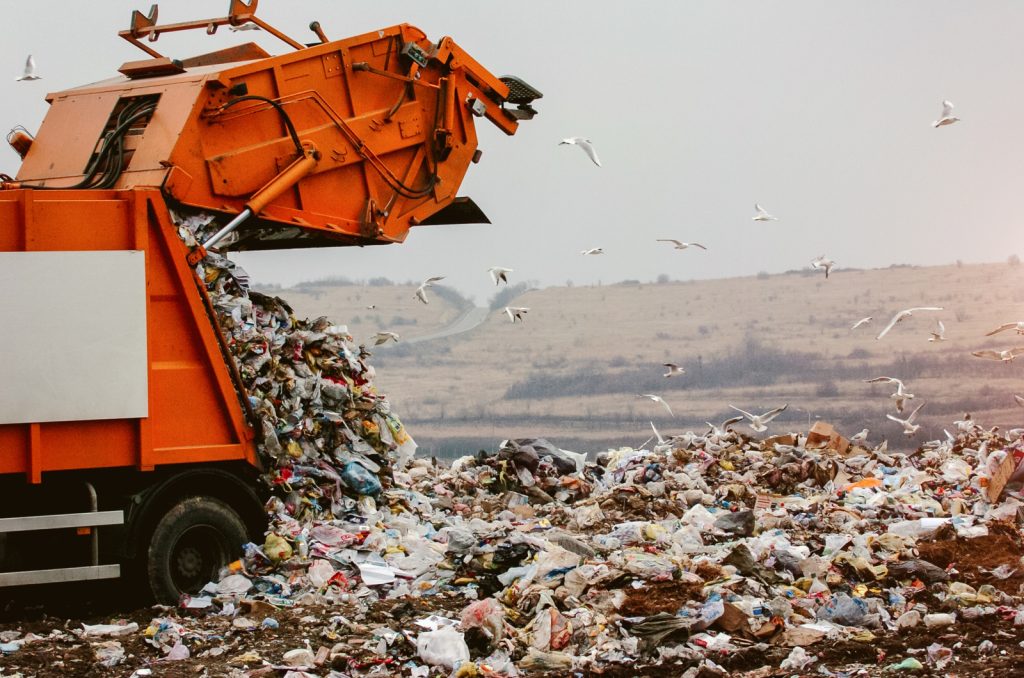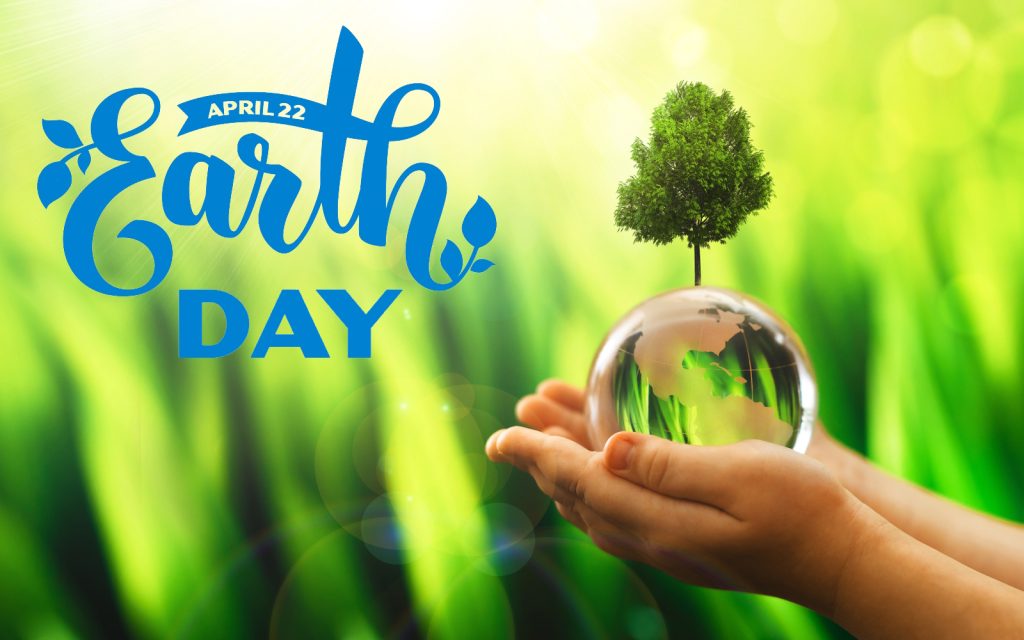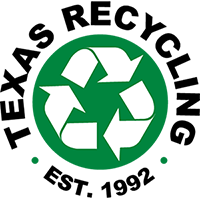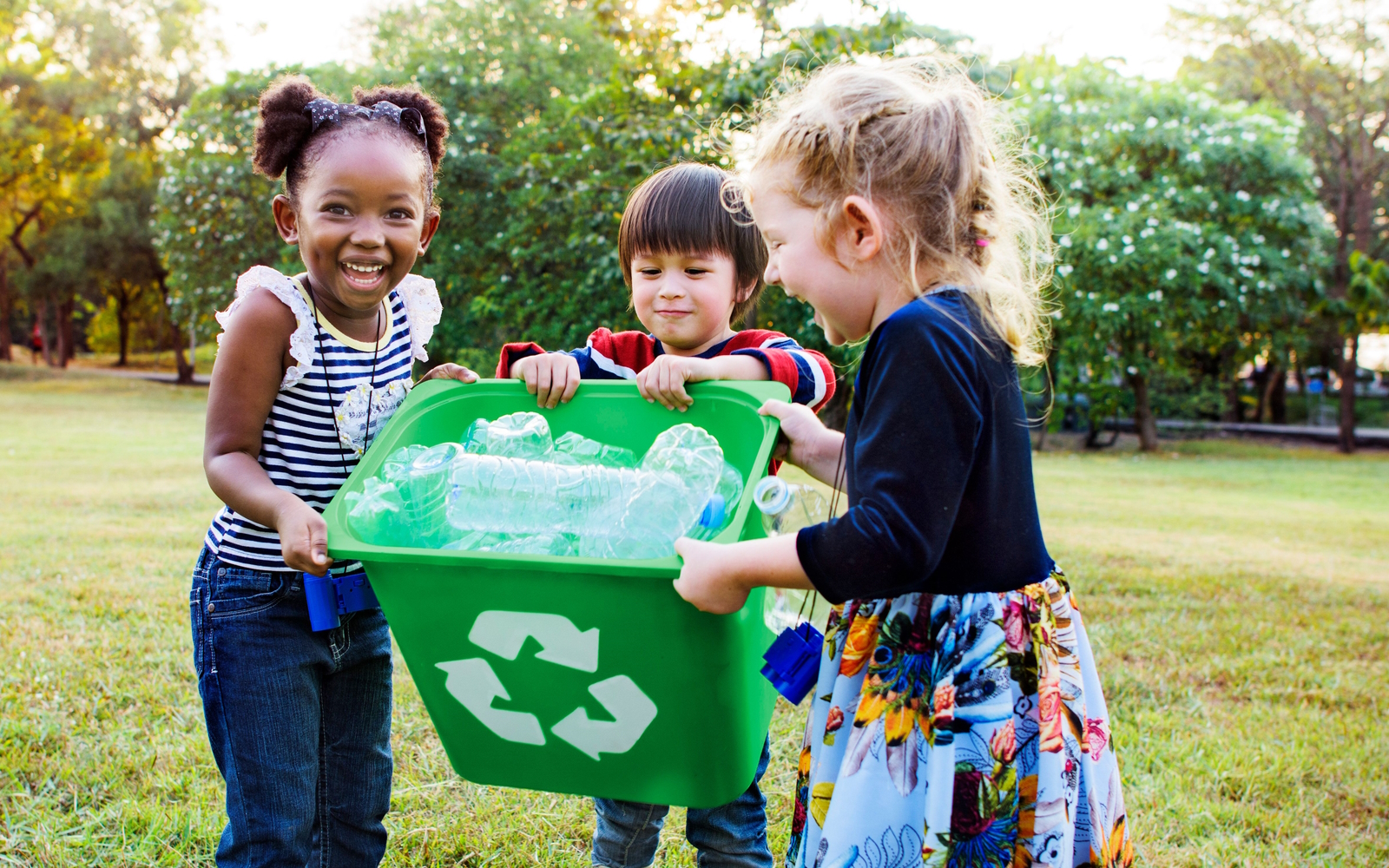Earth Day is April 22 this year. Recycling is such an important part of protecting our environment, so we thought that Earth Day would be the perfect time to discuss steps we can take now to ensure recyclables remain a part of our future.
Though we have come a long way, the current recycling system has some challenges. Reducing waste and not tossing recyclable items in the trash are fundamental to our communities’ ability to help the environment. Unfortunately, even with societal awareness of reducing waste growing, many municipal recycling programs are being discontinued. This is due to an over-supply of recyclables and the costs of processing them for municipalities.
Let’s Talk About Your Commercial Recyclables! Call Texas Recycling 214-357-0262
Single stream recycling has simplified home recycling for consumers. Plastics, glass, and other recyclables can conveniently be placed in one bin—no separation needed. But the simplicity of the process has also made it easier to skip steps and let standards slide. Recyclable materials are not getting rinsed properly, and non-recyclables, such as greasy cardboard and dirty cans, are being added to the bin mix.
The level of contamination of recyclable items has increased, costing time and money. Even just a small percentage of contaminated products in a large truckload can make the entire contents unrecyclable! We’ve been trained to recycle, but are we recycling correctly? As a community we can do better. Additional training and awareness will help maintain the purity of potential recyclables and prevent them from ending up in landfills.

So how do we reduce contamination and ensure the future of recycling? With 70% of municipal solid waste being recoverable, steps need to be taken to increase the quantity of recyclables that actually get recycled. Also, since China has set standards that it will only accept pure recyclable materials, it is more important than ever to make some changes.
Here are 7 ideas to ensure recyclables are a part of our future
- Educate consumers about proper recycling practices. Nationally standardized labeling with clear and understandable rules and guidelines would be a first step in reducing contamination.
- “When in doubt, throw it out”. It is better to throw a single item away instead of contaminating—and needing to throw away—an entire truckload of recyclable materials.
- Manufacturers need to implement policies to only produce packaging that can be recycled easily and without contamination.
- Invest in technologies that make pure recycling easier. Appliances are being produced that will identify, wash, sort, and grind recyclable items in the home, making them ready for a pure pickup. Improved technology will also streamline the pick-up and delivery processes.
- Make Closed Loop Recycling the end goal. This means that instead of a plastic water bottle being remade into a different, often “lesser” product that will just end up in the trash anyway, a plastic water bottle will be manufactured into another plastic water bottle that can be recycled and remanufactured multiple times.
- Shift the economic paradigm so that environmental impact is included in costs and labeling. This will drive consumers to purchase recyclables and encourage manufacturers to produce more sustainable products.
- Continue to encourage and educate consumers to prioritize the environment and the environmental future of the planet. As demand for recycled products increases, the opportunity for profit will increase, as well. Creating supply to meet demand will encourage innovations that will benefit recycling.
Hopefully, consumers and industries will both take steps to increase the number of recyclables while also reducing the contaminants. Then, the amount of desirable, pure, recyclable raw materials will increase to bring us towards a better, more sustainable future. And celebrating ways of protecting our environment for the future is what Earth Day is all about.

Bring Your Recycling to Texas Recycling in Dallas, TX
Does your company want to help ensure a clean environment and recyclables are part of the future? Partner with Texas Recycling! Like you, Texas Recycling cares about protecting the Earth by recycling and reducing industrial waste.
We provide the highest-quality recycling services in the Dallas Fort Worth area. Our creative solutions help companies embrace environmental responsibility, while preserving their bottom lines. Texas Recycling also offers the highest level of personal service to all our clients.
To find out more about recycling opportunities for your business, call us at 214-357-0262 or contact us.

